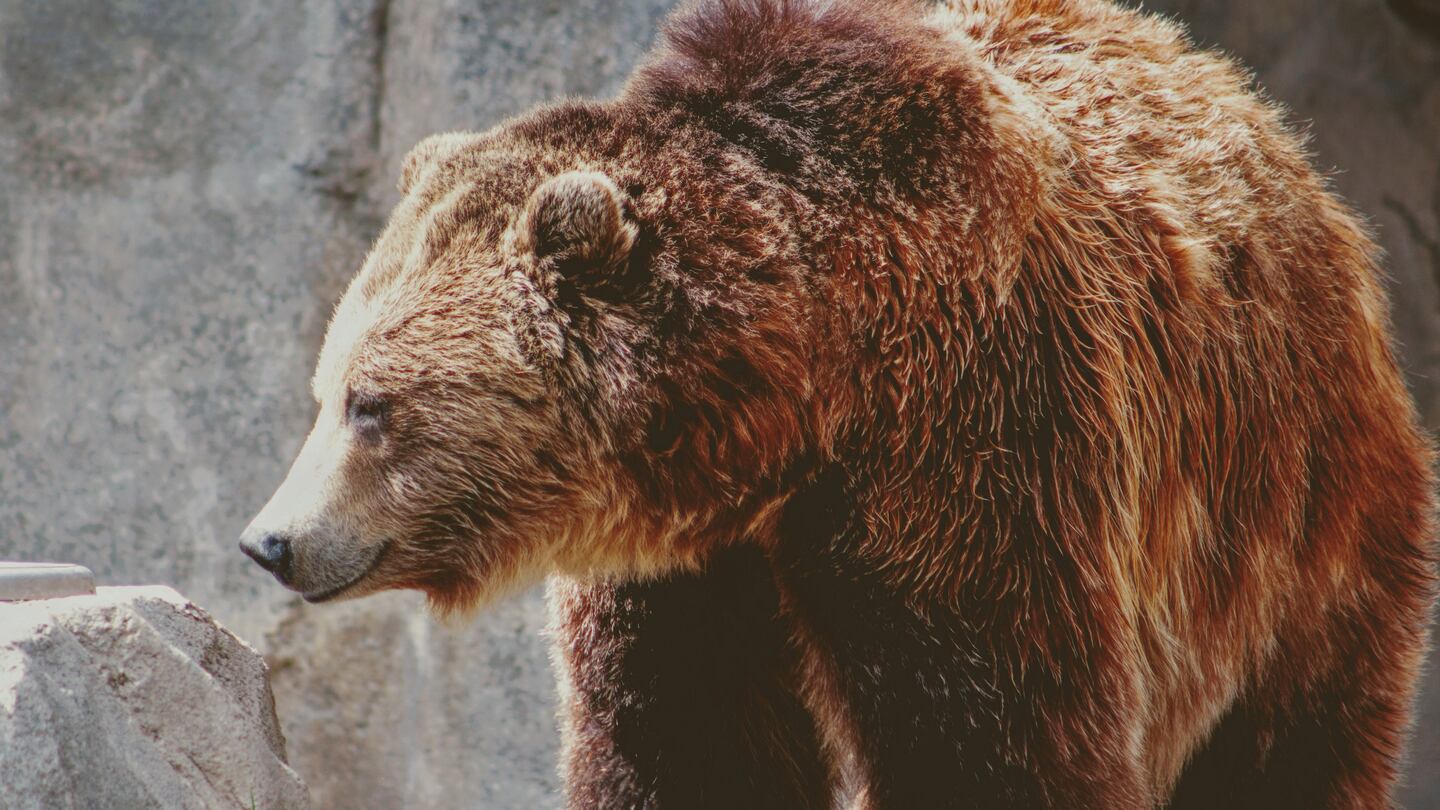A drone video showing a baby brown bear climbing up a snowy mountain to its mother is being shared across Twitter, but it may not be as heart-warming as people claim, according to one biologist.
The Dodo reported that the bears behavior in the video, which is being shared as inspiration for humans to persevere and not give up, may have been affected by the drone itself.
Taken in the Magadan Region of eastern Russia, the video shows the mother bear and baby bear climbing up to the top of the slope. The mother bear manages to pull herself up, but the cub slips further down the slope multiple times.
the video was taken June 19.
, after a jump cut showing the cub climbing closer to the top, the drone appears to zoom very close to the cub. The mother bear, appearing to look at the drown, swipes toward the cub, causing the cub to slip all the way down the slope. The cub walks a few feet over and attempts to climb up the slope again.
The drone appears to keep a far distance from the pair this time, as the cub makes it to the top and the two bears run away.
Biologist and University of Maine professor Dr. Jacqulin Gill was critical of the video, saying on Twitter, "Harassing wildlife for a photograph, a selfie, or a video is never okay. Respect animals by giving them space, and don't share posts where animals are clearly in distress or in danger just because someone wanted to go viral.
“The video going around of a bear cub scrambling up a snowy cliff to get back to its distressed mother is being shared as a heartwarming metaphor for persistence. It’s not. It’s a dangerous stunt by an irresponsible drone operator who should know better.”
Gill also directed readers to a link that provides a guide for using drones when examining and studying wildlife. The guide, from Jarrod Hodgson and Lian Pin Koh of the University of Adelaide, mentions a small study of American black bears in which drones increased the heart rate of bears as much as 123 beats per minute.
The video going around of a bear cub scrambling up a snowy cliff to get back to its distressed mother is being shared as a heartwarming metaphor for persistence. It’s not. It’s a dangerous stunt by an irresponsible drone operator who should know better.
— Dr. Jacquelyn Gill (@JacquelynGill) November 4, 2018
Cox Media Group






